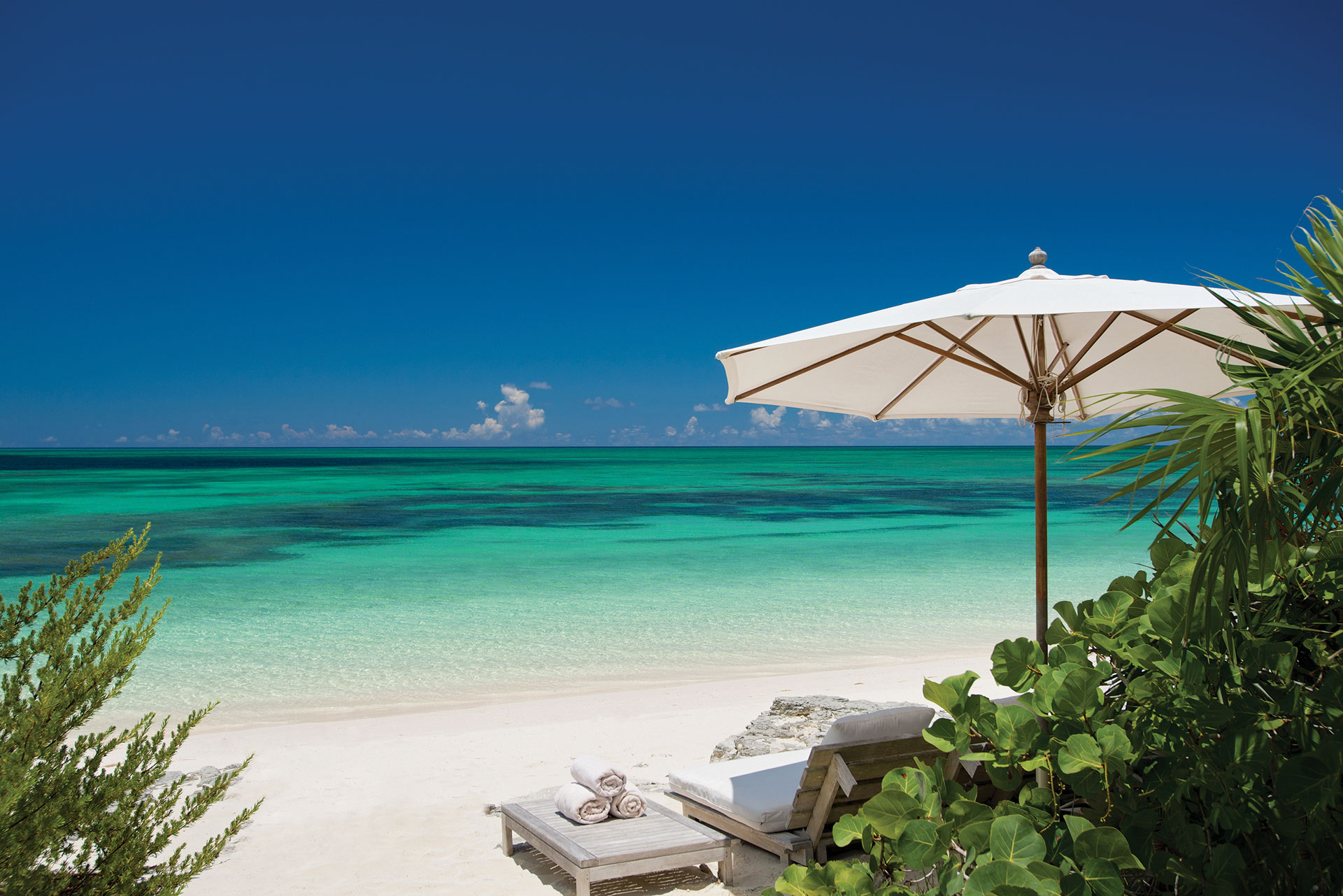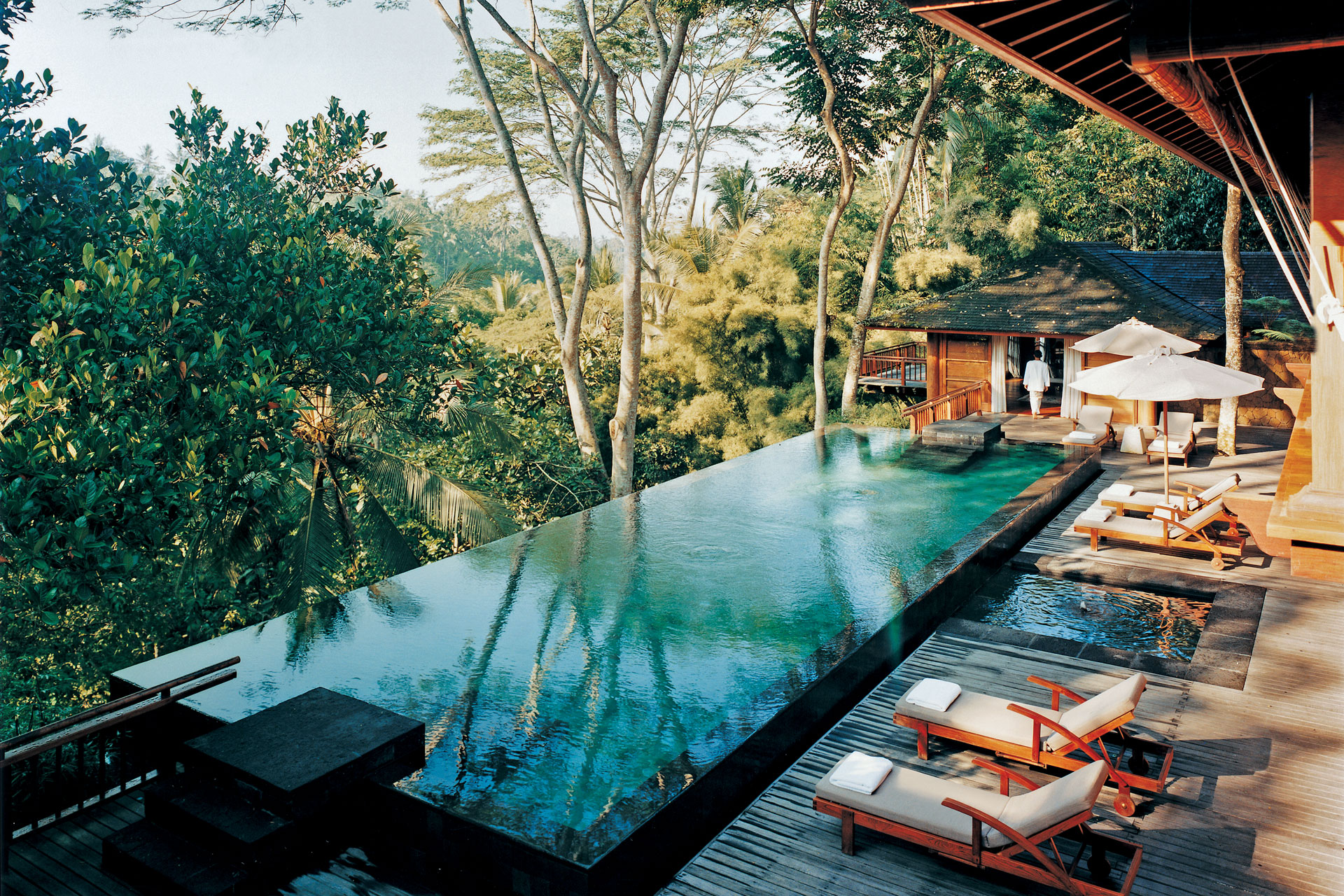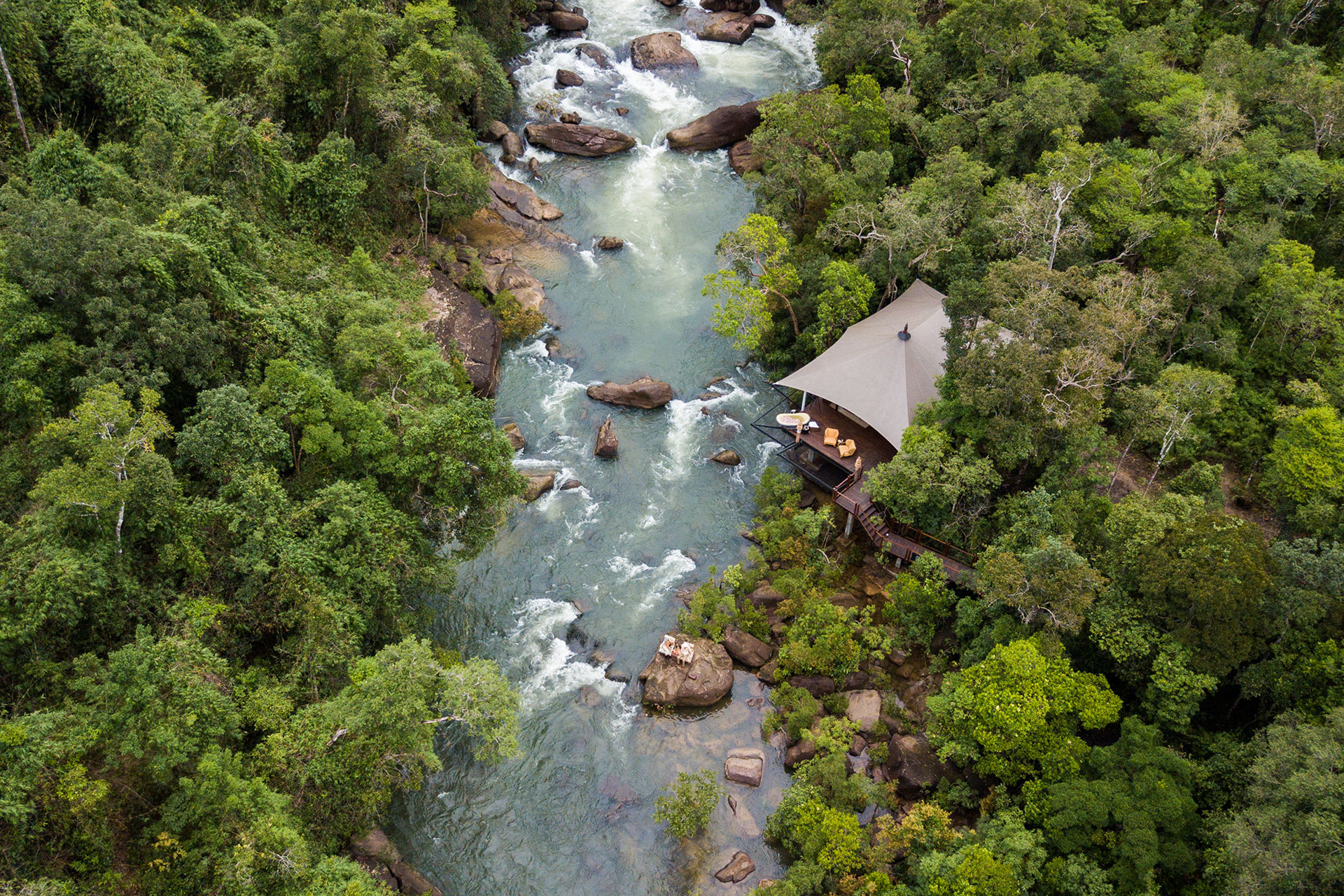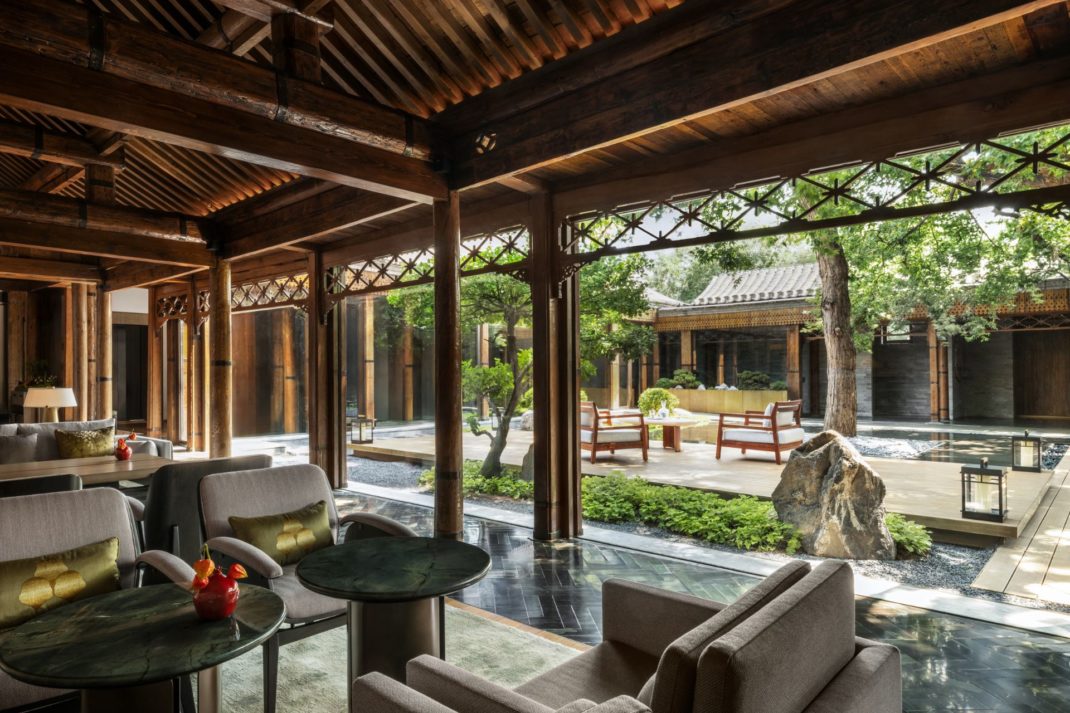New Horizons – How The Travel Industry Has Reinvented Itself
By
4 years ago
Paradise awaits you

Want to home school in the Maldives, home office in Mexico or spend spring on sumptuous sabbatical in Uttarakhand? Paradise awaits you, says Susan d’Arcy, as the travel industry reinvents itself.
‘Despite the risks, the complicated logistics and bedrock of uncertainty, Richard and Isabella were still determined to go on their travels. Friends thought they were mad. What was wrong with Cornwall? It could be a story from last summer but actually it’s centuries old. This is Sir Richard Burton, the Victorian era’s most daring explorer, and Isabella Bird whose first expedition was to Morocco in 1872, aged 41’.

Richard Francis Burton by Rischgitz, 1864
The brave pioneers quoted above illustrate the ‘’twas ever thus’ truth of our relationship with international travel. Its allure is embedded deep in our culture and we didn’t willingly surrender it during lockdown. Now that vaccines have brought foreign shores temptingly back into focus, the question is: will Covid-19 have altered the landscapes we’ve longed for?
Given the battering they’ve taken, tour operators and hoteliers are commendably optimistic about the evolving new normal. Many have used lockdown for a (frankly) much-needed
granular review of often antiquated operations. Like paper cuts, some hotel protocols are minor but maddening – so congrats to hoteliers who’ve finally dropped inflexible check-in times. Other light-bulb moments are altogether more joyous, such as the imaginative pop-ups that now devise unforgettable private dining experiences in suites left to gather dust.
Most noticeably, Covid has highlighted the power of travel to bond and educate. ‘Parents want to make up for lost time and teach their children lessons through travel,’ says Henry Cookson of Cookson Adventures. He’s busy recruiting specialist adventure guides who can double as tutors. ‘Every fun detail of our natural world can be highlighted to young explorers,’ he explains. ‘It’s a great way of entertaining children while their parents try something more daring, such as ice-climbing in Iceland.’
Families also want to combine the space and privacy of a villa with the option to dip into hotel services. ‘We’ve noticed an increased demand for private villas,’ agrees COMO’s Olivier Jolivet, ‘most notably the Tirta Ening Residence at Shambhala Estate in Bali, tucked away in lush jungle with a private waterfall for a totally zen feel, and The Sanctuary at Parrot Cay in Turks and Caicos, conceptualised by Donna Karan.’

Private villas like Tirta Ening Residence in Bali
Probably the most game-changing difference, though, is how the virus has blurred the definition of ‘the office’. Remote working has opened up the very real and liberating prospect of spending several months WFHH (working from a holiday hotel). Frances Geoghegan from Healing Holidays says wellness retreats such as Vana in India, Kamalaya in Thailand and Rancho La Puerta in Mexico are adapting rooms and developing programmes for those who want to stay for up to three months. Barbados and Dubai are among destinations that have cut red tape so digital nomads can spend up to a year Zooming into budget meetings.
Most of us, however, remain wedded to the idea of a fabulous fortnight away, which we increasingly seek to spend in splendid isolation, with just a hint of Bear Grylls hairy-chestedness. This too is getting easier to arrange.
Geordie Mackay-Lewis from Pelorus says: ‘Destinations have invested in their infrastructure to accommodate more people safely in the wild. For example, in the United States, the access, guiding and services in national parks has been much improved.
It’s Africa rather than the Americas, though, that most consistently offers the holy grail of pristine scenery, abundant wildlife and remoteness, as well as ticking another important box – size. Many safari lodges are small enough to take over for exclusive use, or to placate those not yet comfortable mixing with crowds. Crucially, Africa’s lodges also have genuine sustainability at their core, another major concern for the post-Covid traveller.
Take Xigera, recently opened in Botswana. Its 12 exquisite suites have a carbon footprint as light as an angel’s and all materials are ethically sourced. The service is so intuitive that the team, drawn from local communities, could take to the stage as mind readers. The resort is high on travel wish lists says George Morgan-Grenville from Red Savannah. ‘Travellers are gravitating towards accommodation that has a strong environmental feel-good factor; special places that make a positive difference to locals.’
Bill Bensley, whose Shinta Mani Wild tented camp in Cambodia is an exemplar of green travel, says: ‘We are already free of single-use plastics and we no longer serve beef because it is so darned bad for the planet. We have also created individual farms on our property [to supply] the restaurant, bar and spa – there is nothing better than being self-sustainable and home-grown. If anything, Covid is a chance to have even more fun with uniquely tailor-made experiences that our guests will cherish for life.’

New is nice, but for many nostalgia is nicer. Dr Timo Gruenert of Oetker Collection predicts customers will lap up The Way We Were luxury at glorious ‘grande dame’ hotels such as his group’s Le Bristol in Paris. Tom Marchant from Black Tomato believes couples will want to revisit Venice, lured by the romance of crossing St Mark’s Square without getting a schoolchild’s elbow in the ribs. Marchant also forecasts bookings for Marrakech’s glamorous riads and resorts, perhaps for postponed landmark celebrations, such as birthdays and anniversaries, that were reduced to online cocktails in 2020.
Slow travel is another buzz term we look set to embrace wholeheartedly. James Lohan of Mr & Mrs Smith sums up the concept and its appeal. ‘A kinder, more conscious consumer will emerge who would consider flying less but staying longer, maybe twinning city, coastal or countryside stays, embracing road trips or travelling more by train.’
James Bell of Turquoise Holidays sees a shift towards extended holidays in traditional fly and flop destinations such as the Maldives. ‘Some clients are choosing super-long stays in island outposts and even home schooling from paradise. As one client said, “Why come home when the weather, food, view and wifi is better here?”’ reports Bell.
The thought of double algebra followed by Factor 50 sounds good to us.
DISCOVER MORE:
The Best Glamping in The UK / When Can We Go On Holidays? The Rules, Explained



